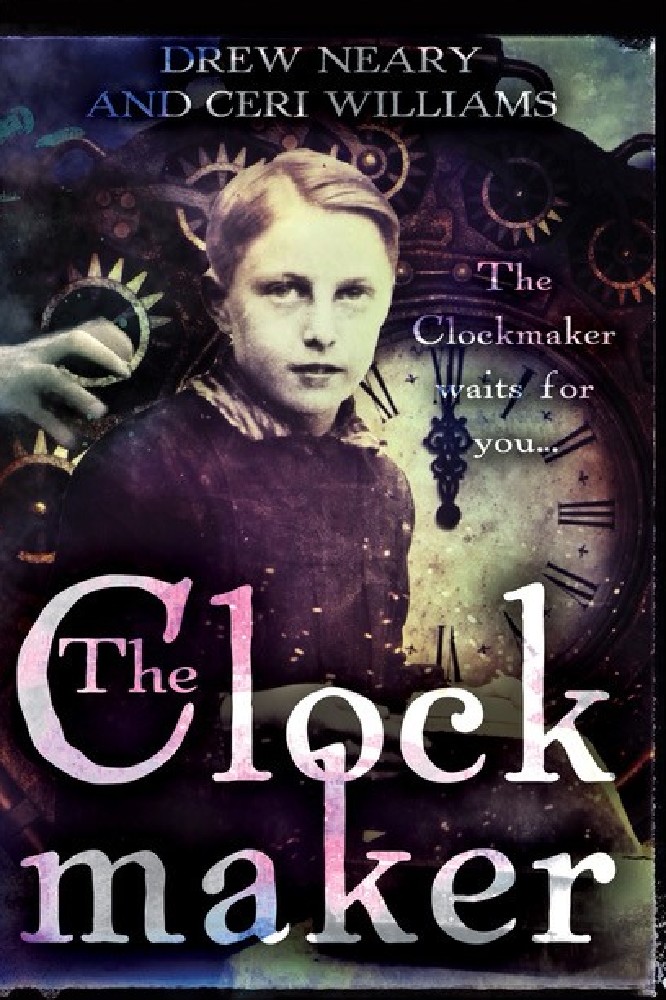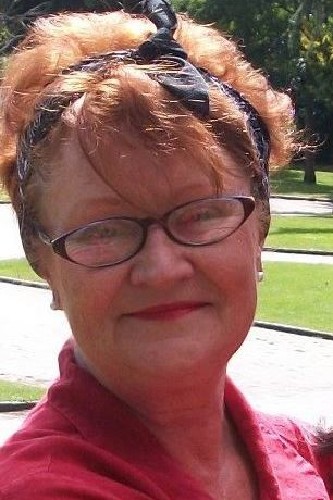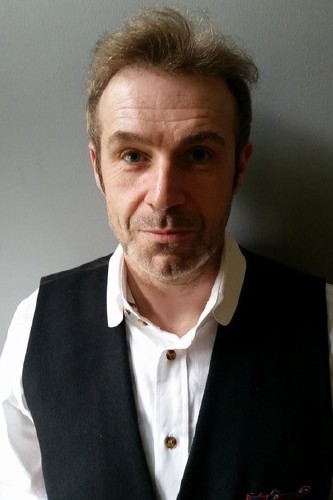The Clockmaker is a collaborative book by Drew Neary and Ceri Williams and the first of an upcoming series. The idea initially came from Drew-based on a minor character in his fantasy work Optics-and it grew into a supernatural novel.

The Clockmaker
How?
We didn’t initially decide on a set genre, although Drew writes sci-fi/fantasy and I prefer supernatural/horror. The result was more a morphing of a range of genres, ideas and discussion.
Get the bones first.
Letting ideas flow naturally is important. Not worrying about spelling, or grammar initially, but getting the scaffolding of the story down first. And then padding out setting, characters, plot and most importantly, the ending. Although we changed that several times as the book took on it’s own life!
Think outside the box.
Supernatural fiction gives you a lot of scope. Magic, legends, suspense, mystery. It allows you the freedom to invent your own worlds, characters and plots, and words. Whilst we used libraries and the Internet to research, local studies and history groups are also excellent points of reference for ideas. The dybbuk for example was discovered when researching mythology- the Kabbalah.
Research, research, research!
Because the Clockmaker as a character is supernatural, we felt it necessary to birth secondary characters that were rooted in reality as a balance: those of Duncan and Annette. It was important to not only accurately depict these characters as people living within the post blitz period of England, but also as individuals that the reader could develop a connection with. This involved hefty research!
Editing is vital.
It’s boring- but essential. “Murdering the darlings “is a metaphor for how you should behave toward your writing while you are revising it. Not easy when you have spent weeks developing a supernatural scenario and then finding it doesn’t work! The idea is to proceed objectively and without sentiment. If a word seems out of place, question why and replace. If a character isn’t feeling right- go back and re-acquaint yourself with the reason you developed it in the first place.
Decide on a setting.
We wanted the novel to be set post WW2 because it is an interest of Drew’s. It was accessible to research and ensure that the facts were accurate. The setting was equally important-one that would lend itself to the supernatural overtones of the book. Scotland- mountains and mist. And legend.
What do we draw on?
Very often an idea for a novel will just pop into our heads. Drew got the idea for The Clockmaker while sitting in the garden! Or it could be an image or interest, such as Victorian urban legends. Anything that catches our imagination-and yours. Optics came from a single picture of an eye. The Perfect Child came from a visit to a local museum. Both of these novels dovetail out from The Clockmaker.
Two minds can be better than one.
We are often asked what is it like to have two writers working on a book - all we can say is that it is a perfect partnership. We share ideas, develop or discard, we also write separately and then merge the writings. It is important that there is mutual respect. Our words- our darlings- that mesh into something new.


Getting started is the hardest part.
Just like many things getting the project started can be the hardest part. But once an idea for a story strikes and takes hold it's important to run with it and get those words on the pages. I, (Drew) found it useful to create my own work space, my desk arranged just so, some music close at hand, somewhere that's comfortable and calm where you can sit and create. Getting into a writing routine also helps. I do the school run, get home, make some coffee and walk around the house playing the scene out in my head. Then, once I'm happy with it, sit and write. I find that I think better on my feet and find this to be a way that works for me. I also find this works well when writing dialogue. I consider writing to be a “productive me time.” It can be very relaxing and therapeutic, essentially living in a fantasy land for a few hours, creating a world and those that dwell in it.
Read, read, read
This is a piece of advice that many authors give and it really is true. There are countless worlds and characters out there waiting to be discovered. Published authors have already made it – they have already mastered the art. Learn from them. The words they use, the way sentences are structured, their rhythms, even the way the words are arranged on the page, absorb it all. But most of all enjoy it all.
If you have an idea for a story, just write it. Writing is a most enjoyable experience; try it, share it with others, enjoy the process and let the words flow, who knows where it will take you.

